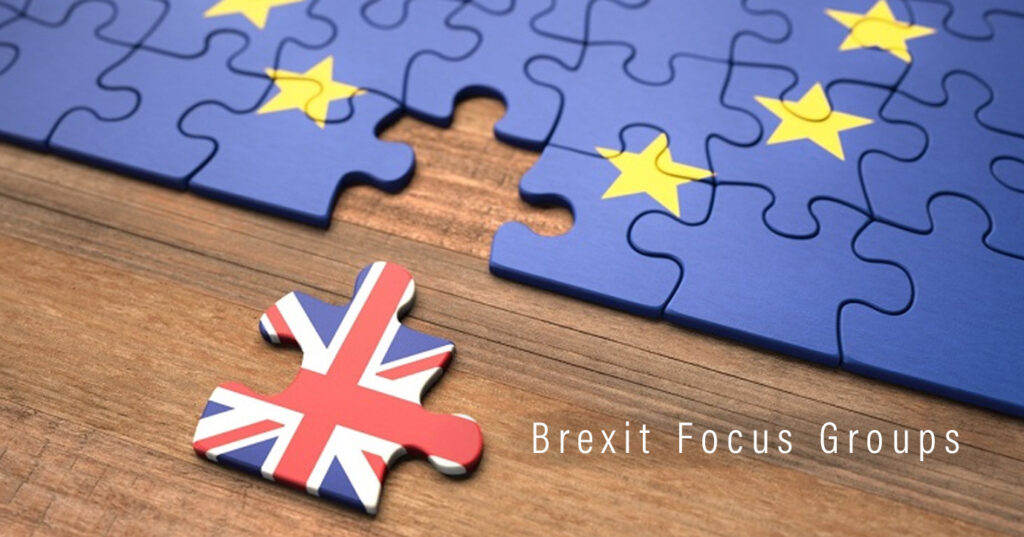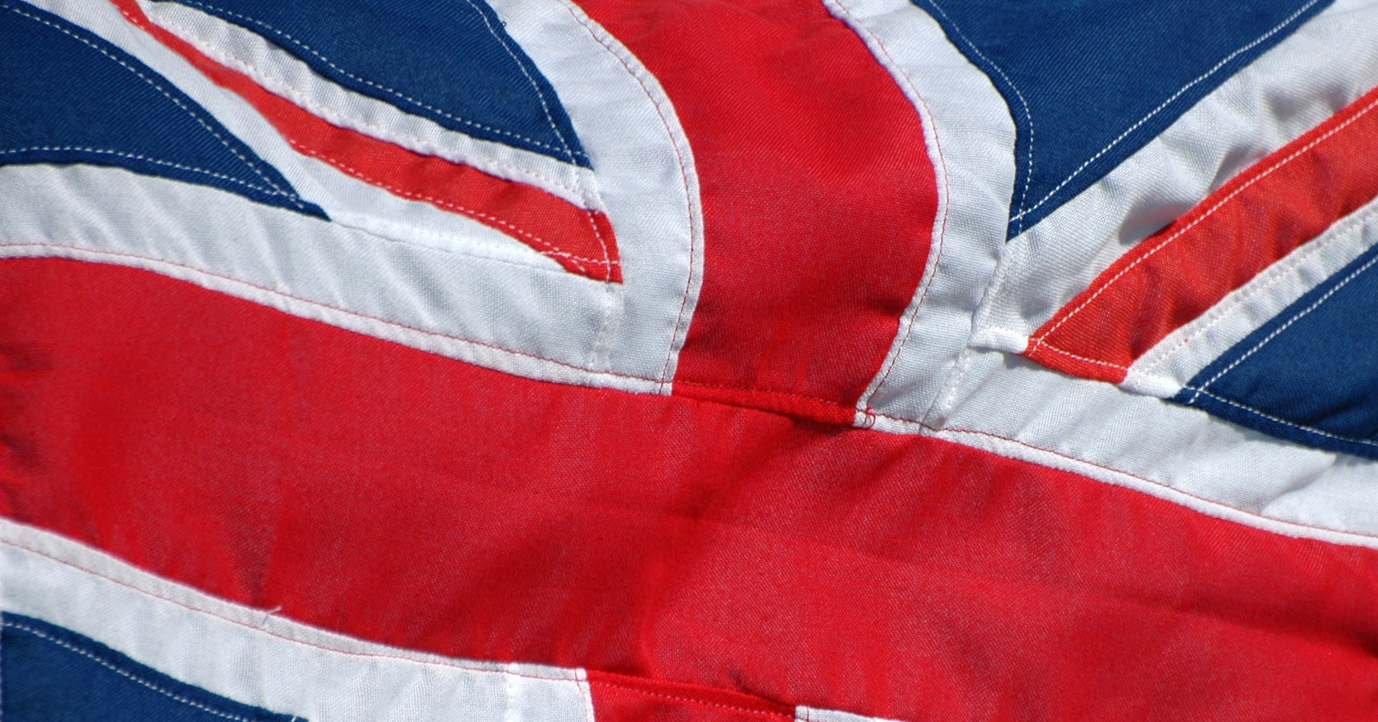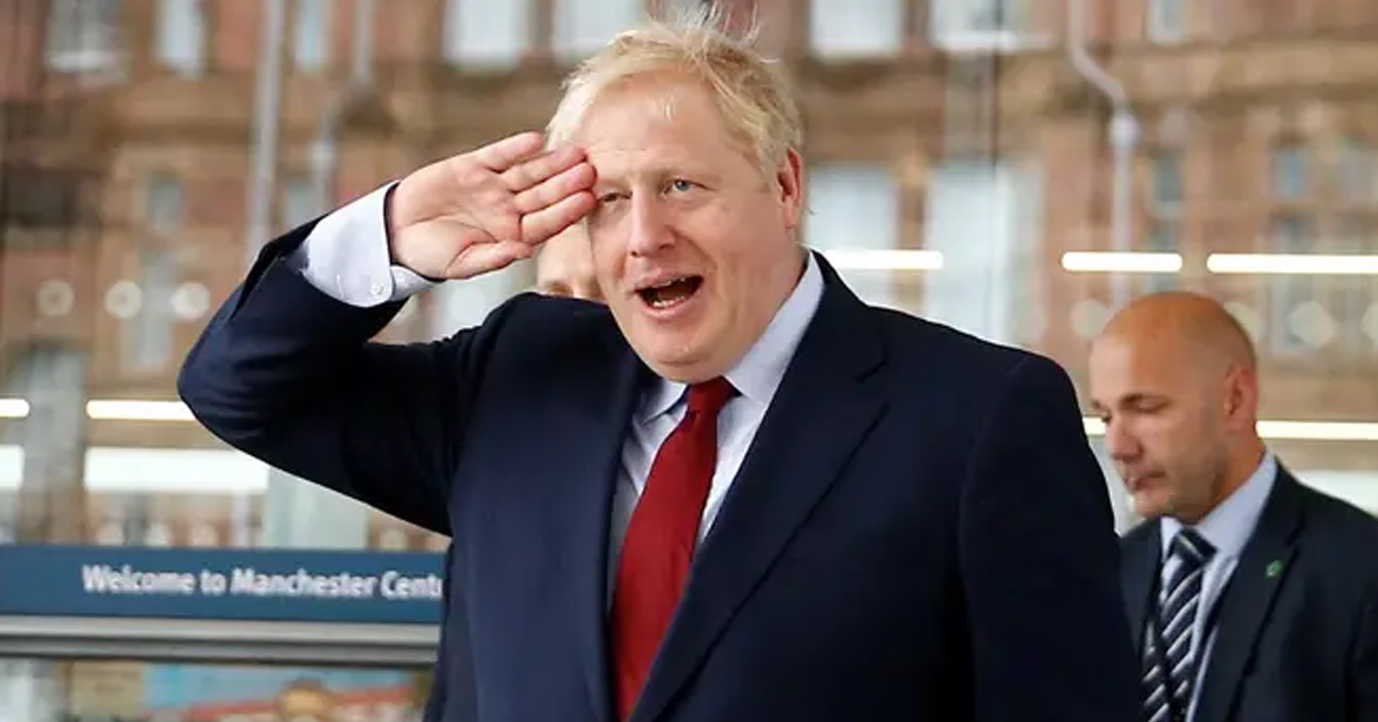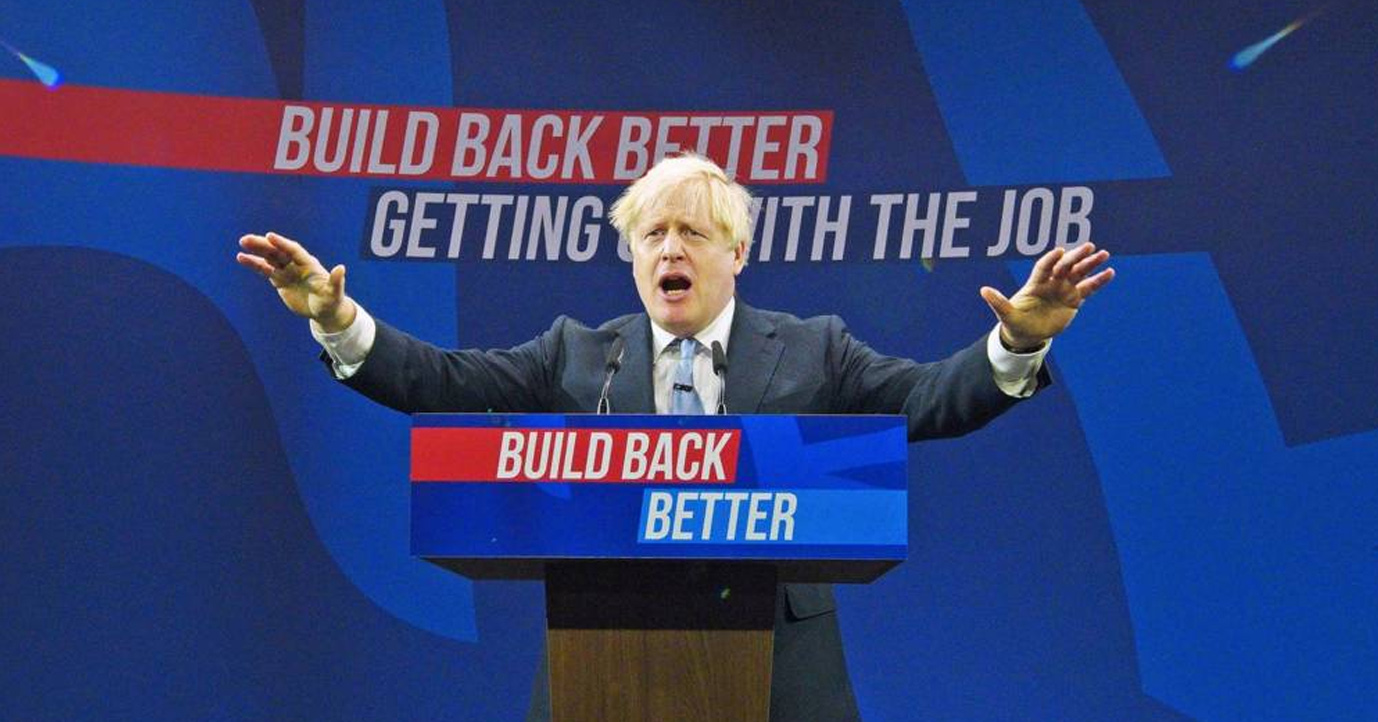
For the latest of our series of Europe-wide focus groups Lord Ashcroft Polls visited our nearest neighbour. As my recent polling in EU countries found, Ireland is among the keenest members of the Union, giving the highest positive rating to their membership after Malta, Spain and Poland. (The UK was the joint third least enthusiastic – only Sweden and the Czech Republic gave lower scores).
Grin and bear it
This is quite striking, given that Ireland’s recent relationship with Brussels has not been without incident. In 2002 and 2009 Irish voters enjoyed repeat referendums on the treaties of Nice and Lisbon (having inconveniently rejected both at the first time of asking), and in 2010 the country was forced to accept a €67 billion EU bailout after the financial crisis. Had the tough austerity conditions that came as part of the package made people resent Brussels?
“They made us get our house in order, but that was a painful necessity;” “We had to do it. It was a matter of survival.” Some thought the deal had been too tough (“We needed the money and I think we got screwed over a bit. Our kids will be paying it back, and their kids”), but overall our Dublin participants were more inclined to cast Europe as the saviour than the villain: “I think the EU was there to help and support us. It was the bankers who were to blame.” And not just the bankers: “Twenty years ago we were on the pig’s back. But we wasted it. So a lot of what’s wrong is our own bloody fault”.
Is there a difference between the situations in Ireland and Greece? “Yes! We’re paying it back! They just don’t believe in paying tax. We always pay our way;” “In Greece they introduced a tax on swimming pools, and everyone put these green rollers over their pool so they couldn’t be spotted. Though come to think of it, that sounds like quite an Irish thing to do.” Though Greece’s behaviour had been “atrocious since the day it joined… they don’t produce anything, they import everything, even olives”, it would have been wrong to expel a country from the euro because of its financial troubles. After all, “there is no process to leave. It’s like Hotel California.”
While “Greece had riots in the streets, the Irish were much more grin-and-bear-it”, and their stoicism was starting to pay off. The budget would soon be balanced and the economy seemed to be back on its feet, though not everyone was feeling flush: “The recovery hasn’t happened for a lot of people. There is a huge cohort still suffering and they still will be in ten years’ time;” “You get the sense that nothing important is getting better. We get busier, we’re under more pressure, but nothing’s really got better;” “People can’t afford things. But during the Celtic Tiger we couldn’t afford them either, it turns out. The banks were just throwing money at people.” While there was undoubtedly “a buzz around” in Dublin, rural areas were having a tougher time: “I come from a small town in Offaly. I’m expecting to go back one weekend and find tumbleweed. The number of boarded-up shops and businesses is frightening.”
“People can’t afford things. But during the Celtic Tiger we couldn’t afford them either, it turns out.”
Road to prosperity
Whatever their grumbles – which included complaints about European laws, fishing quotas, and disagreements over the preservation of boglands (“if you go down there you have to wear a helmet because they’re up in arms about it”) – our groups tended to associate the EU with what they regarded as Ireland’s dramatic development over recent decades. “It took us from being an agricultural society and opened up markets and all sorts of opportunities;” “In the late ‘60s and ‘70s, we were backward. It was like a third world country;” “That five billion Albert Reynolds came back with [in structural funds from the 1992 Edinburgh Summit], he said it would transform the country and it did. If all we got out of the EU was a motorway network, great.”
“If all we got out of the EU was a motorway network, great.”
My EU28 survey found Ireland to be one the most popular members: 80 per cent of respondents said they felt positive about the country. Our participants had the same feeling, for what this was worth. “I think we’re well regarded, but I don’t think we have much of a say.” Still, popularity had other benefits: “They vote for us in the Eurovision Song Contest.” This was despite Ireland’s closeness to the US, which groups in other countries have associated more with Britain. These ties could partly be put down to the fact that “we all watched American TV when we were growing up. It was always sunny, and everyone was smiling and well-dressed. Look at EastEnders and Coronation Street. They’re all so miserable.”
Meanwhile, what their British neighbours considered the main disadvantage of EU membership – the scale of migration – did not trouble most people in our groups, though numbers were increasing. Multiculturalism still felt rather a novelty to some participants (“I still remember the first time I saw a black person. I was about ten”), though not an unwelcome one. Poles, the largest minority in the country, according to Ireland’s 2011 census, “have integrated extremely well. The fact that they’re Catholic helps.”
Angsty and belligerent
Why do they suppose Britain seems so much less content with life in the EU? “I think there is a fundamental antipathy based on their historical psyche. They don’t feel the need. They think they’re a bit better. They’re fine on their own so why do they have to follow the rules?” “They think they’re a different entity, a bit more powerful than everyone else in the EU. And maybe they are.”
“They think they’re a different entity, a bit more powerful than everyone else in the EU. And maybe they are.”
Some had a grudging respect for this attitude: “I admire that the British have a tremendous sense of identity;” “They hold out, they bargain hard, they get the best. I’ve got no problem with it.” Some saw the ploy of renegotiating its membership terms under the threat of withdrawing altogether as the ultimate example of this approach – something they would never expect from their own leaders: “He’s a pair of balls going for a referendum, he really does. Can you imagine sending Enda in there? But they believe they can do it.”
And though the UK might sometimes be awkward, that might help put a stop to some of the EU’s dafter schemes: “Having Britain there as an angsty, belligerent member is good for us. Someone with a bit of clout. It’s good to have them there to bring a bit more clarity and less tomfoolery to what comes out of Brussels.”
“He’s a pair of balls going for a referendum, he really does. Can you imagine sending Enda in there?”
For this and other reasons, the Dublin groups hoped Britain would choose to remain. This was also reflected in my EU28 poll: 72 per cent of Irish respondents wanted Britain to stay, the third highest after Lithuania, Malta and Poland. Our participants were particularly worried about the potential effect on trade and travel. “They’re our biggest trading partner. It could make a huge difference to our exports in the space of a year. You can’t predict it;” “We would have the ridiculous situation of Northern Ireland being a foreign country outside the EU. Would we need a passport to go to Belfast?”
For most of these participants, any antipathy between Britain and Ireland was now a thing of the distant past – and “if there is any antagonism I don’t think the UK would really be aware of it. It’s all on the Irish side.” “They’re a noble people, decent, a bit culturally odd sometimes. I like them;” “I was in England during Italia ’90. I was an embarrassment but people were very tolerant;” “They’re very good neighbours but I feel sorry for British people. They work to the bone. There are people going to the gym at a quarter to six in the morning.”
Let us suppose, though, that in June the UK votes to leave the EU. Is that an end to it, or should the other members try to tempt the British back? Here the groups divided. For some, though they hoped Britain would stay, a decision to leave would be final: “Let them go. They were never fully part of the club anyway;” “If you give a carrot, that opens the floodgates for every country to go for the carrot.” For others, however much it rankled, there was too much to lose not to try: “Even though you may not like it in principle, it’s how it would affect the rest of the EU… If we say yeah, tally-ho, off you go, goodbye, we could lose our full capacity to trade.” Still, any extra carrots would have to come with a decision on Britain’s part to commit properly: “They would have to be told, if you’re going to stay in Europe, you’ve got to embrace Europe, and that includes looking at your currency.”


